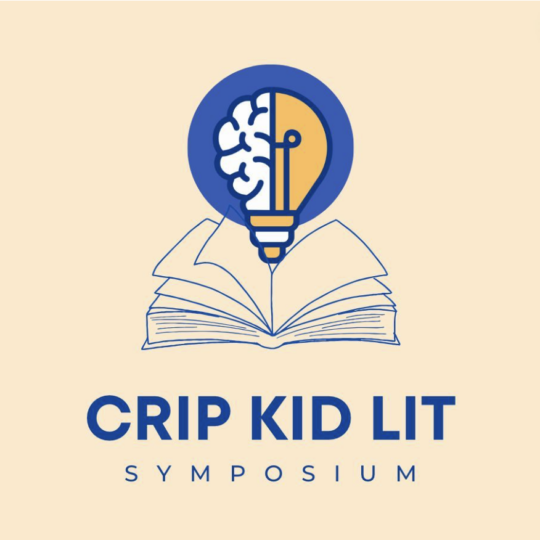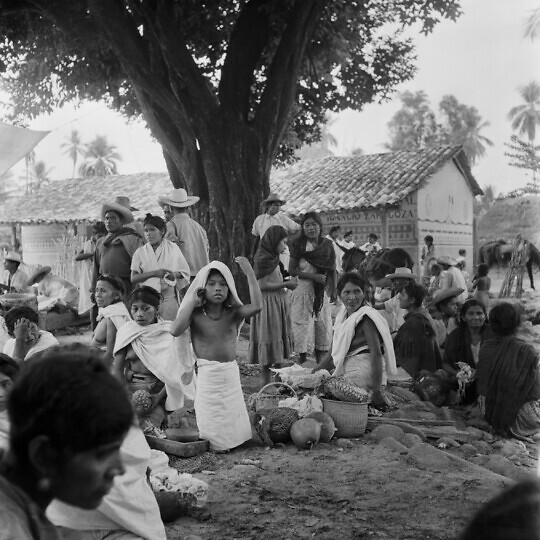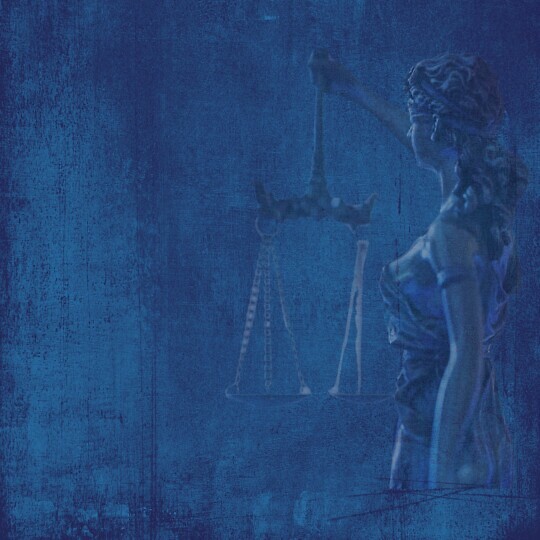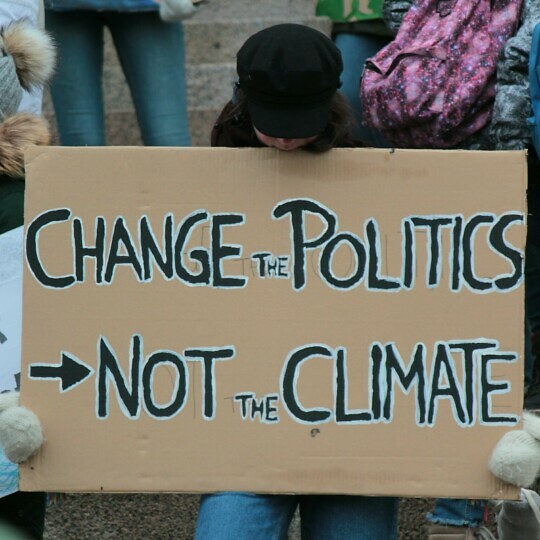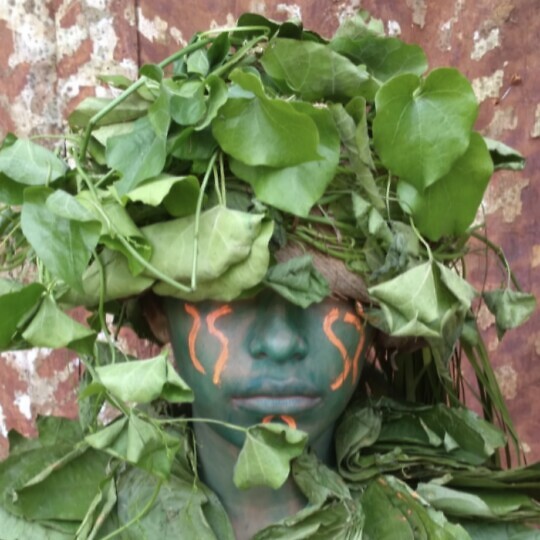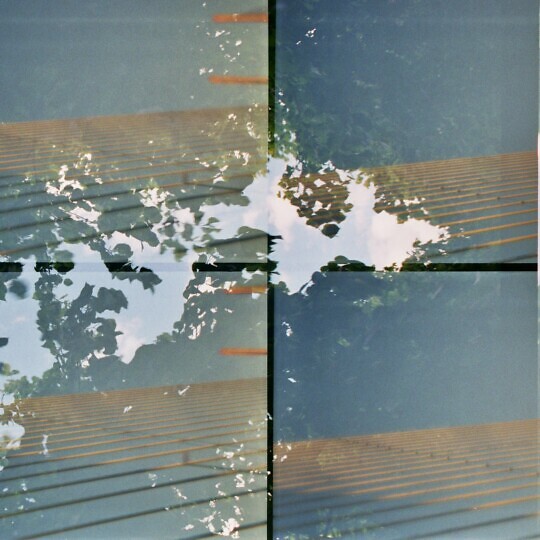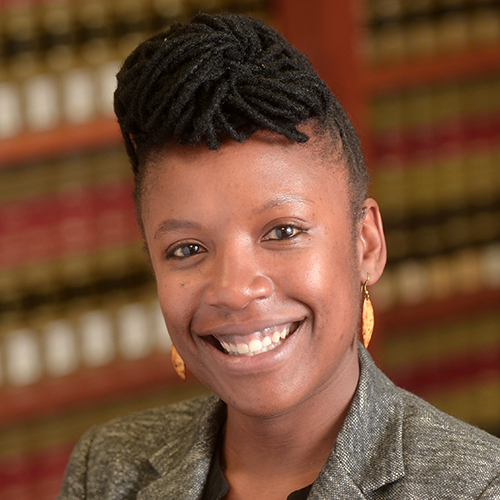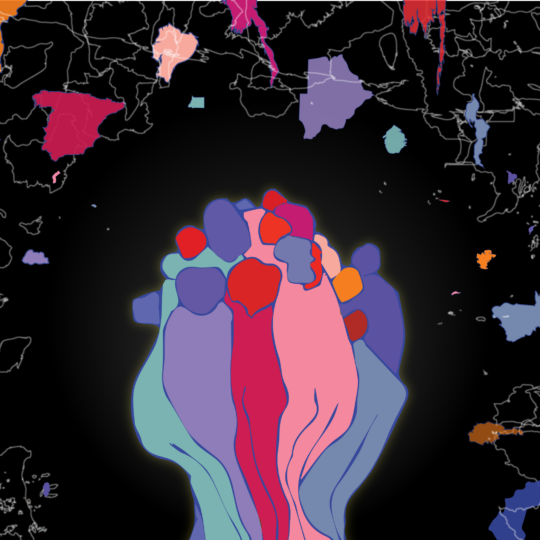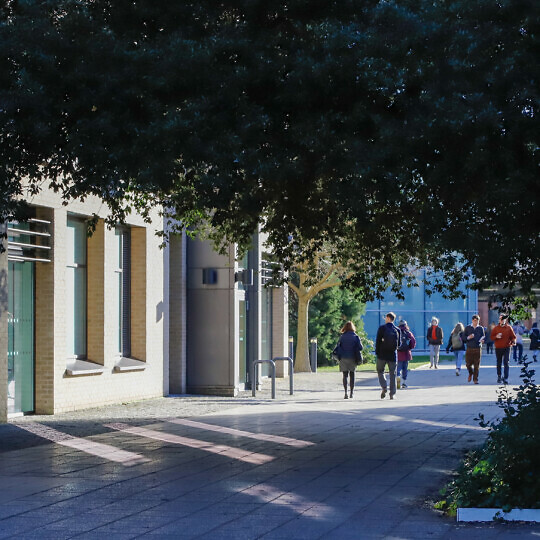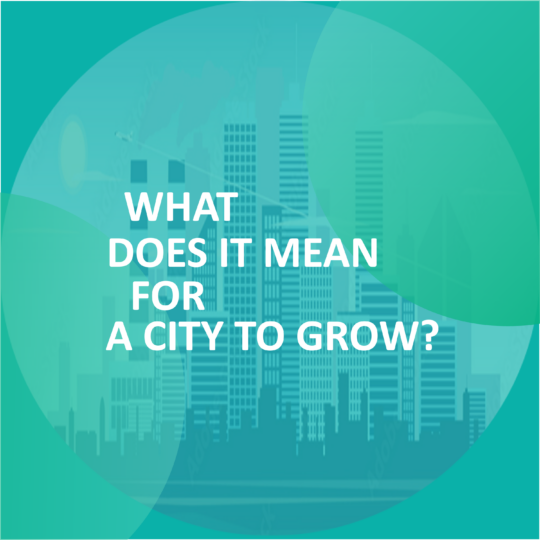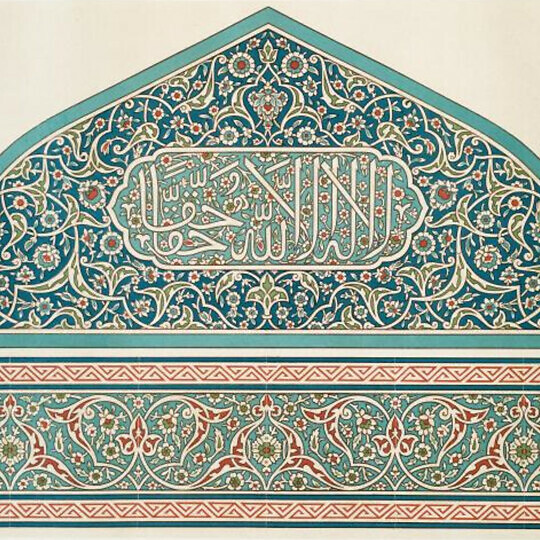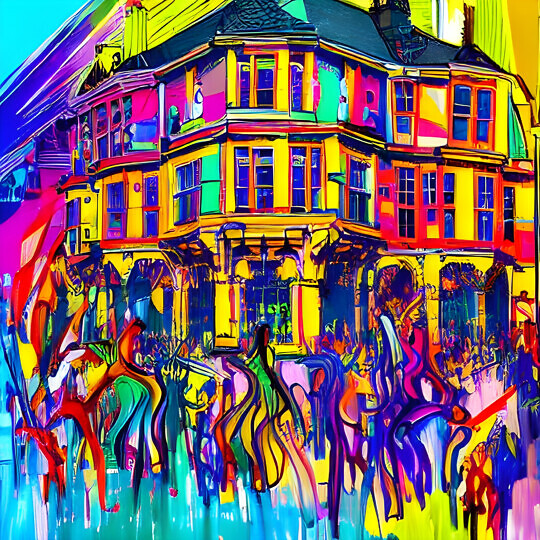| 25 May 2018 - 26 May 2018 | All day | SG1 and SG2, Alison Richard Building | |
- Description
- Programme
Description
Registration for this conference is now closed.
Convenor
Anastasia Piliavsky (University of Cambridge)
Summary
It is extraordinary that, given the importance of India as the world’s largest democracy and a Rising Power, we know so little about the conceptual foundations of its political life. While much has been written about political ideas and institutions imported from Europe or generated by Anglophone political elites, no focused, consecutive effort has gone into trying to understand the ideas that guide most ordinary Indian citizens’ political lives. While earlier anthropologists’ concern with indigenous concepts and values has lost its vogue, Euro-American categories – rights, class, identity, democracy, neoliberalism, public sphere, and so on – have been elevated to the status of analytical universals, which do little to illuminate local conceptions of state, justice, corruption, bureaucracy and the democratic process, conceptions that resist prefigured theories and exogenous analytical terms. To make sense of how people think about politics, we need to know the language they use to describe, appraise and operate within it. This need is particularly conspicuous in India, where official languages are separated from its many vernaculars by a vast social and conceptual gulf, and where the history and conceptualisation of vernacular political ideas is severely under-studied and under-theorised.
This conference brings together students of Indian history, politics, languages and society to examine India’s political ideas through a close ethnographic and historical scrutiny of the languages used by its people to speak about and act within their political lives. Taking inspiration from the Begriffsgeschichte inquiry into German political concepts, we shall begin to lay the empirical and analytical groundwork for a vernacular lexicography of India’s political life. We shall also reflect on what such an inquiry can contribute to the making of a truly global political theory, grounded not in the presuppositions of Western political theorists, but in political values and categories espoused by people around the world.
Sponsors

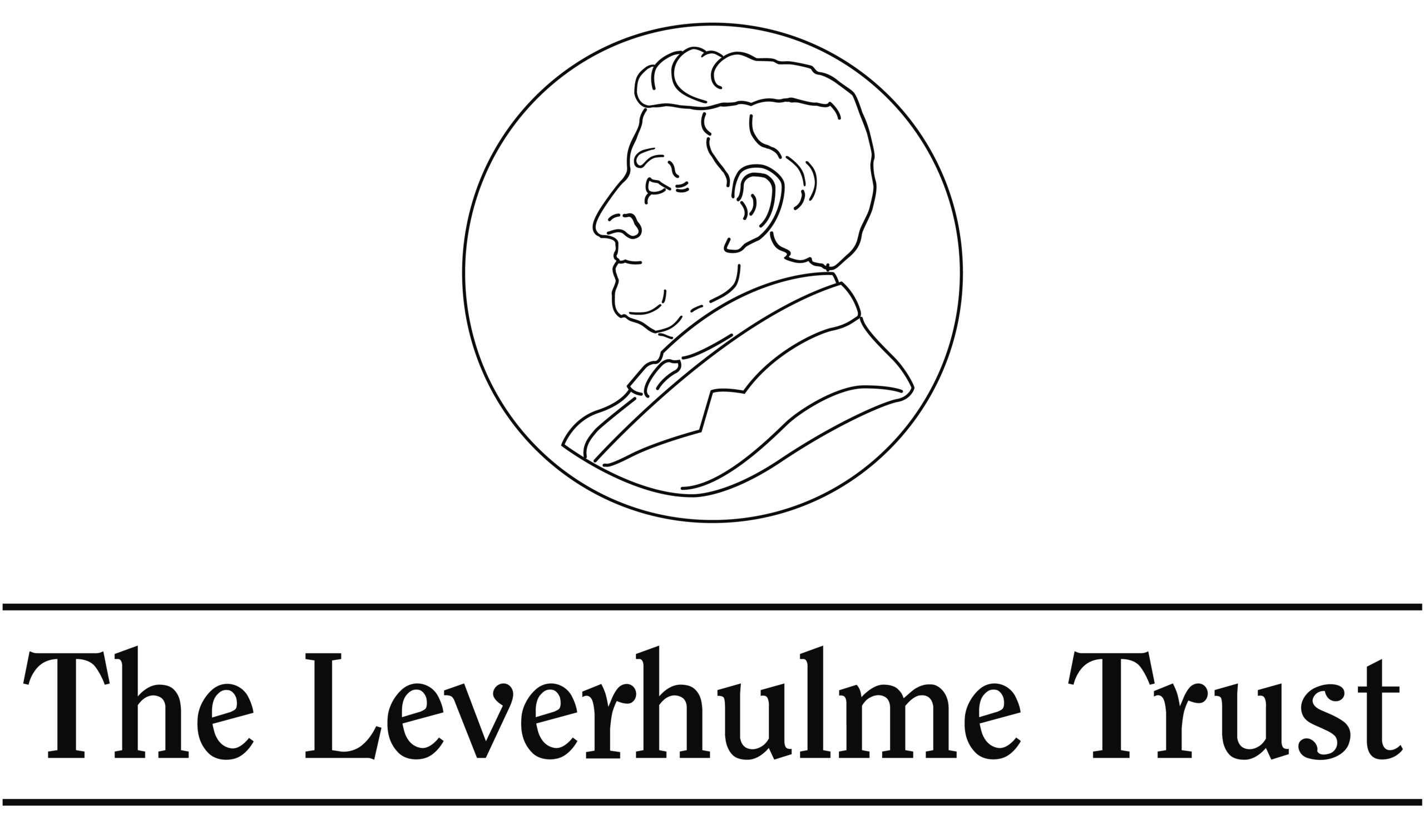
Supported by the Centre for Research in the Arts, Social Sciences and Humanities (CRASSH) and the Leverhulme Trust.
Administrative assistance: events@crassh.cam.ac.uk.
Programme
| Day 1 - Friday 25 May | |
| 11.00 - 11.30 | Registration |
| 11.30 - 11.45 | Introductory remarks Anastasia Piliavsky (University of Cambridge) |
| 11.45 - 12.30 | Session 1: For a South Asian Political Theory Chair: Lisa Mitchell (University of Pennsylvania)
Parimal Patil (Harvard University) 'How dharma undermines itself, or the lineaments of India’s pre-modern political theory' |
| 12.30 - 13.30 | Lunch |
| 13.30 - 15.00 | Session 2: Shapes of ‘Power’ Chair: David Gellner (University of Oxford)
Piers Vitebsky (University of Cambridge) 'The jungle and the state: Handling domains of power in Tribal Odisha'
Sudev Sheth (University of Pennsylvania) 'Pādshāhī as sovereignty? Translating kingship & public authority in early modern South Asia' |
| 15.00 - 15.30 | Break |
| 15.30 - 17.00 | Session 3: Down-low? Chair: Lisa Björkman (University of Louisville)
Ramnarayan Rawat (University of Delaware) 'The genealogy of Dalit liberalism: “Sant-Mat,” “Unch-Niche,” and the new ethical politics' Ananya Vajpeyi (Center for the Study of Developing Societies, New Delhi) 'Śūdra: Tracking the transformations of a social category' |
| Day 2 - Saturday 26 May | |
| 9.15 - 10.45 | Session 4: State & Status Chair: Sudev Sheth (University of Pennsylvania)
Francesca Orsini (SOAS) 'Awqāt, aukāt' Anastasia Piliavsky (University of Cambridge) 'Sarkār or the state’s two bodies' |
| 10.45 - 11.15 | Break |
| 11.15 - 12.45 | Session 5: Democracy in the Vernaculars Chair: Piers Vitebsky (University of Cambridge)
David Gellner (University of Oxford) 'Nepal’s changing ethno-political vocabulary' Michael Collins (Max Planck, Göttingen) 'Political power as property (sottu): Democracy through a local idiom in South India' |
| 12.45 - 13.45 | Lunch |
| 13.45 - 15.15 | Session 6: Community & Communication Chair: Ramnarayan Rawat (University of Delaware)
Lisa Björkman (University of Louisville) ‘”Publics” and “customers”: Mass assembly, theatrical crowds, and political utterance in Mumbai' Lisa Mitchell (University of Pennsylvania) 'Political Affect: Tracing Historical Changes in Abhimānam, Dīkṣa, and Performances of Concentrated Devotion' |
| 15.15 - 15.45 | Break |
| 15.45 - 16.15 | Session 7: Taking Stock and Going Forward Discussion |

